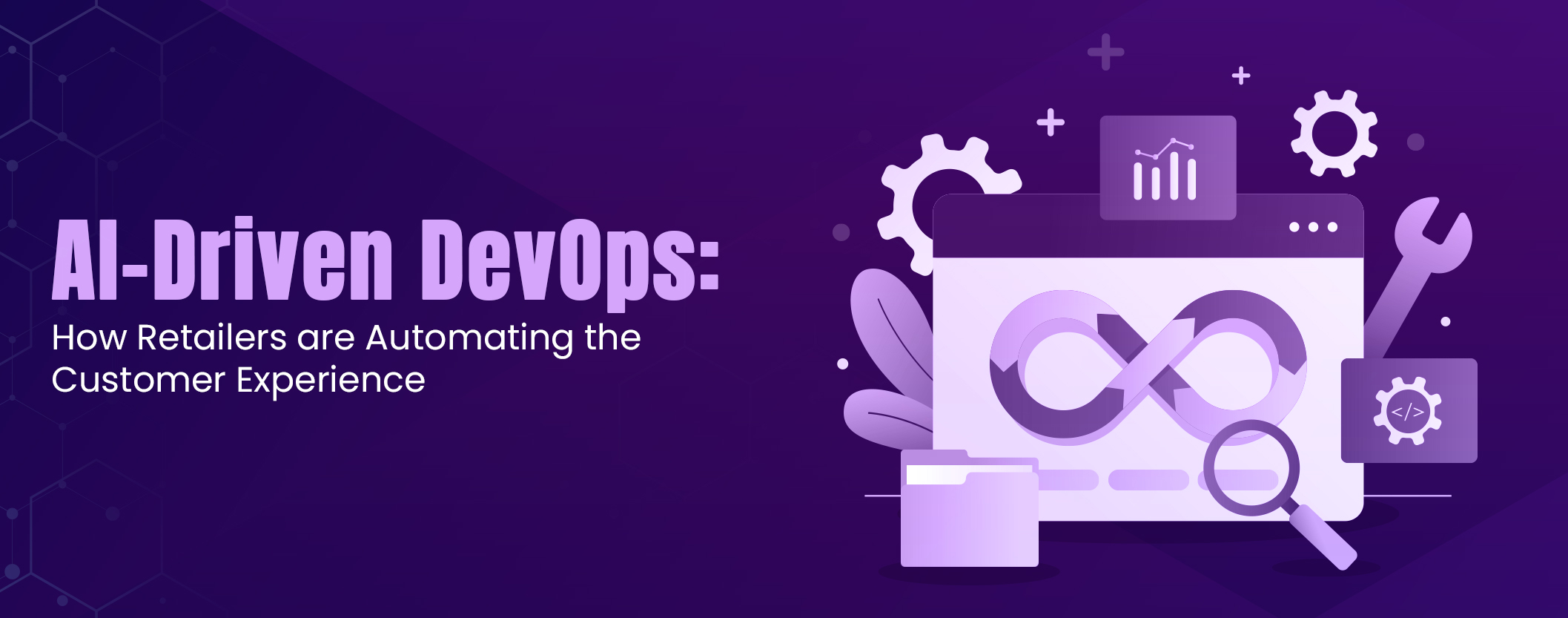The healthcare industry is changing rapidly, with technology playing an important role in improving patient care. From electronic health records (EHRs) and telemedicine to AI-powered diagnostics, innovation is reshaping the landscape. However, the increasing demand for new software and tools brings a realization that traditional methods for their development and deployment simply are no longer effective. That’s where DevOps comes in. DevOps is a set of practices that help development and IT teams collaborate, automate processes, and accelerate software delivery. A growing number of healthcare companies are adopting DevOps services and solutions as the only way to remain competitive, sticking to regulations, and achieve better patient outcomes.
Why Speed and Efficiency Matter in Healthcare
Health is an area where technology faces unique challenges all on its own, demanding highly professional solutions. The COVID-19 pandemic has also managed to prove just how critically essential it is to rapidly deploy such projects: telehealth platforms or even systems of patient monitoring. Not to mention strict regulatory frameworks like HIPAA and GDPR often slow down development processes within healthcare organizations.
Traditional approaches, with teams working in silos and doing things manually, are simply too slow for the pace of today’s needs. Delays in deploying new apps can negatively impact patient care and keep organizations behind their competitors. DevOps consulting services and solutions solve this problem through teamwork, automation of workflows, and assurance of high-quality software delivery.
Big Benefits of DevOps in Healthcare
1. Faster Delivery of Solutions:
DevOps helps healthcare organizations in building, testing, and launching apps much faster than before. Automation of tasks such as testing and deployment saves time by reducing errors. This is an important factor for the seamless rollout of patient apps, diagnostic tools, or any other update to EHR systems.
2. Better Collaboration:
DevOps breaks down barriers that exist between development, operations, and quality assurance teams. Each one works toward the same goal to provide reliable software. Teamwork implies the resolution of problems in considerably less time and minimum delay.
3. Easier Compliance and Stronger Security:
Healthcare software must keep up with strict rules and regulations. DevOps incorporates the compliance and security checks within the development process, also known as DevSecOps. Thus, the software would meet all the requirements and never delay the release.
4. Enhanced Patient Care:
By implementing DevOps, healthcare organizations can enhance patient care with innovative tools and applications that improve diagnostic accuracy, streamline doctor-patient communication, and ensure faster, more effective treatment processes.
5. Time and Money:
Automation in DevOps decreases the amount of manual effort involved and, hence reduces operation costs. Also, finding problems earlier during the development process reduces expensive post-launch fixes.
Case-Study Examples of DevOps into Healthcare
1. EHR Optimization:
DevOps is helping health providers refurbish and improve EHR systems with no disruption to workflows. With the use of CI/CD pipelines, frequent updates can be made seamlessly.
2. Scaling of Telemedicine Platforms:
Telemedicine has gained significant traction during the pandemic. DevOps deploys and scales efficiently with minimal cost and effort, ensuring video consultations are secure and reliable.
3. Improved AI Diagnostics:
AI tools need continuous updates to maintain their degree of accuracy and effectiveness. DevOps ensures these are implemented seamlessly without impacting system performance or causing disruptions.
4. Wearable Device Integration:
DevOps integrates wearable devices into healthcare systems to update and analyse real-time data..
How to Choose the Right DevOps Services Company
To efficiently leverage the benefits of DevOps, healthcare organizations need a reliable partner. Key aspects to look for:
1. Medical Experience:
Choose a provider who has experience in healthcare; they would understand the unique challenges that come with data privacy and regulatory compliance.
2. Comprehensive Solutions:
A good DevOps partner offers end-to-end services, including automation, monitoring, and security.
3. Scalability:
Scalability is an important factor when choosing a DevOps service provider for healthcare, as it affects your organization’s growth. Partnering with a company like Stigasoft, which prioritizes scalability, ensures that healthcare organizations can future-proof their operations, seize growth opportunities, and maintain efficiency while meeting the unique demands of the healthcare industry.
Conclusion
DevOps offers significant advantages to healthcare organizations, such as improved data management, streamlined service delivery, and enhanced security and compliance. By adopting DevOps practices, the healthcare sector can increase the efficiency of application development and deployment, while also ensuring the confidentiality and integrity of patient data.
If you’re looking to optimize the operations of your healthcare organization, DevOps consulting services and solutions are an excellent choice. They provide the necessary support for effectively developing healthcare software.
Additionally, if you need expert assistance with software development, partnering with Stigasoft can be the ideal solution.





